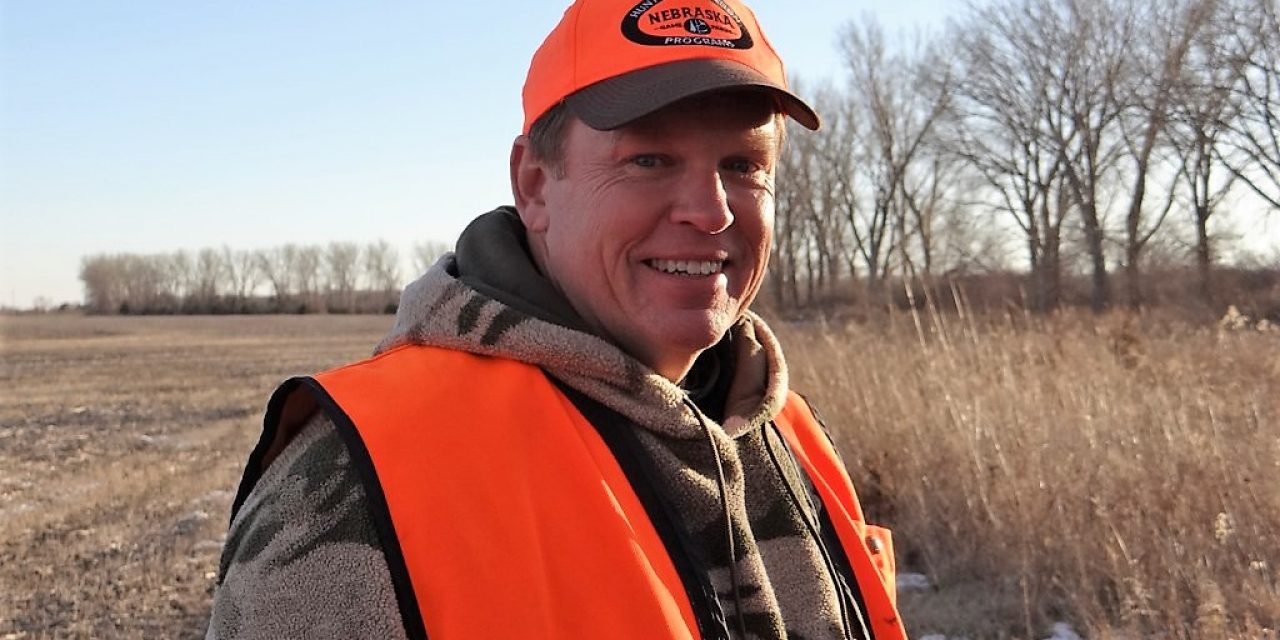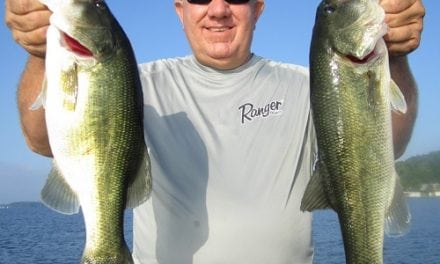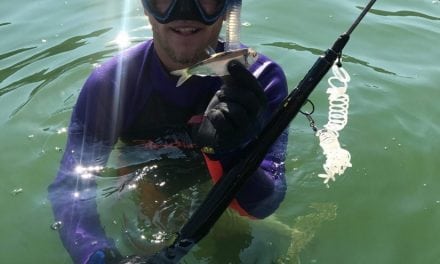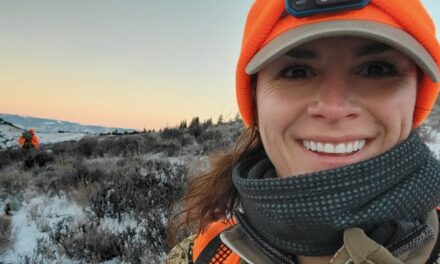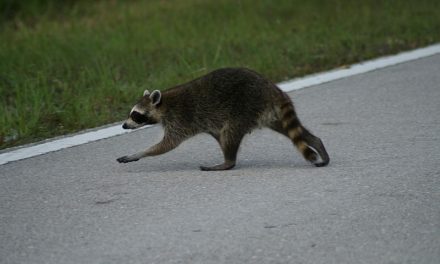A nice package of benefits. A plan for pay advancement. Flexibility with your work schedule. Working outdoors, especially with fish, wildlife, parks and water sports.
Sound good?
These are all positive facets of being a Nebraska conservation officer or what some still refer to as a “game warden.” And, guess what? Game and Parks is looking to fill up to six conservation officer positions around the state. Interested? You will have until Aug. 4 to apply.
Truly, there are many occupational assets that Nebraska conservation officers have in their positions!
How about getting an officer’s perspective on those?
“Unlike other law enforcement departments who are mainly responding to criminal-oriented calls or traffic violations, we as conservation officers are interacting with people who are enjoying their leisure-time activities such as hunting, fishing, boating, camping, etc.” says 7-year Nebraska Conservation Officer, Rich Berggren of Waterloo. “And,” he adds, “that’s a great part of the job.”
Berggren who holds a bachelor’s degree in criminal justice from Bellevue University/Bellevue, NE, has been a credentialed Nebraska peace officer since 1984.
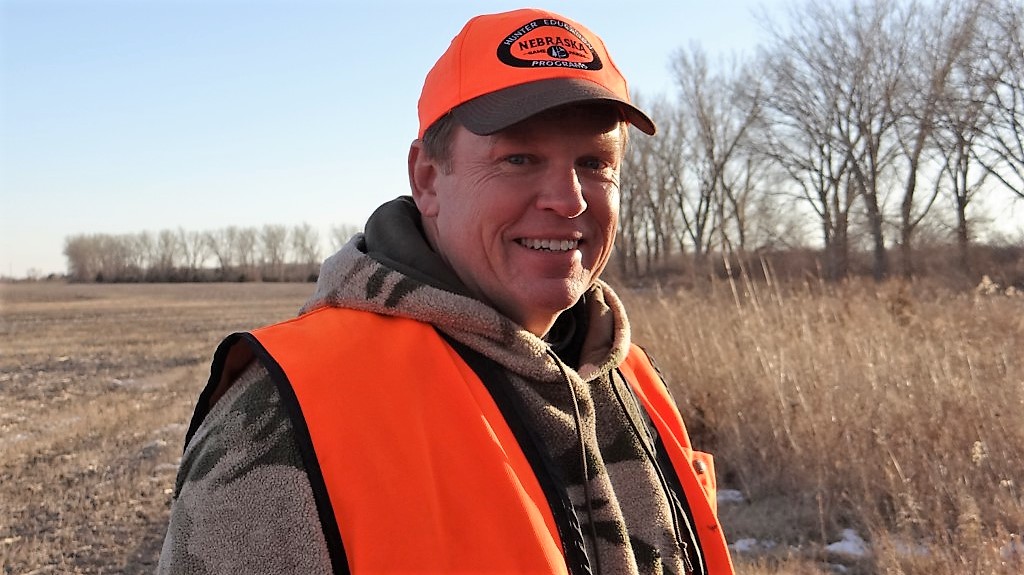
“I love my job. I wouldn’t trade it with anyone. Every day is something new, something different.” Berggren states. “I may be teaching youth how to fish at a community fishing function, appearing at a school career day, investigating a poaching incident on the other side of the county or providing law enforcement services in the wake of a natural disaster like a flood.”
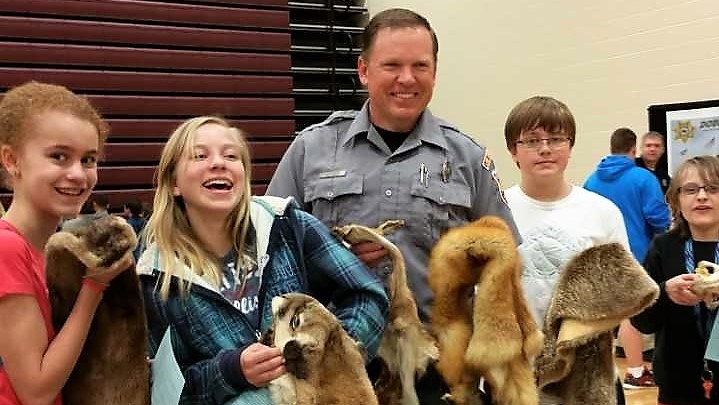
“We (conservation officers) are passionate about what we do, it’s really an identity,” says Berggren.
“Plain and simple, our scenario is this: Folks are out having fun and we are there to not only make sure they are playing by the rules and are safe, but to help them better their experience with information like where the fish are biting or game is moving or what the current weather forecast is for boating and camping; this allows them to see the positive side of law enforcement,” he emphasizes.
What are the best parts of Berggren’s job as a conservation officer?
“Well, number one is the people you meet and get to know. I am a people-person. I like people because most members of the public are goodhearted, well-intended and law-abiding,” he points out.
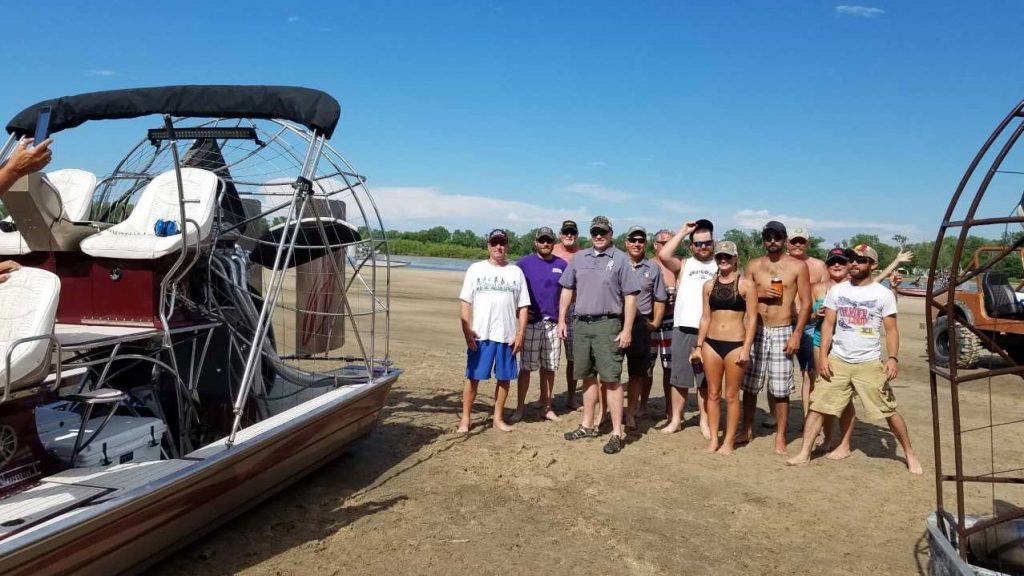
Berggren goes on to say: “From the users of our natural resources to private landowners to those in other law enforcement agencies, as a conservation officer, it’s easy to build relationships and create partnerships. This reduces the potential for future problems and puts a lot of ‘eyes, ears and noses’ in the outdoors to report illegal activity.”
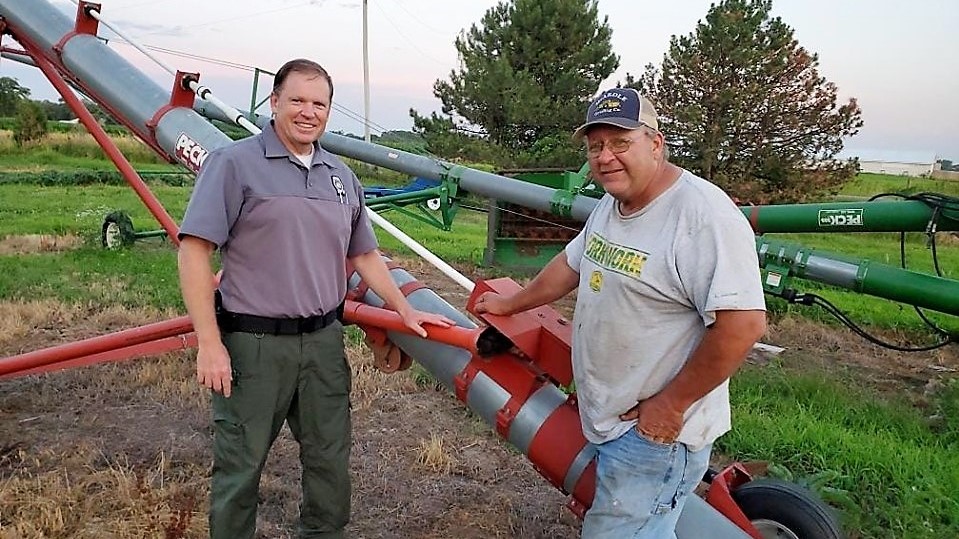
What else would Berggren offer as favorable factors of serving as a Nebraska conservation officer?
He answers: “Acting as the voice for those living creatures who cannot speak. Victims of wildlife-related crimes cannot speak, so we as conservation officers do that for them. We have anti-poaching laws and regulations at our disposal to deter would-be violators and bring those who wantonly, unlawfully exploit wildlife to justice. Wildlife criminals are the enemy of wildlife and the public.”
He continues: “What’s also neat about our jobs is that we get to help with fisheries, wildlife management and park work besides patrolling. We might lend assistance for a prescribed habitat burn on a state wildlife management area, help collect northern pike for tagging purposes in a public reservoir or lake, or provide information, directions and security for the public at a large event in a state park.”
“Oh, and the stuff you see when you’re in the field,” Berggren enthusiastically remarks. “Whether it’s a big, trophy white-tailed deer buck jumping a barbed-wire fence or a mature bald eagle taking flight off the water with a fish in its talons, the sights of nature that we conservation officers witness are priceless.”
Working on the water is one of Berggren’s favorite things to do as a conservation officer.
“There is just something amazing about being on the water that makes my job even more special. I take pleasure cruising on the water – breathing in the fresh air, feeling the wind on my face and the moving water beneath me.”
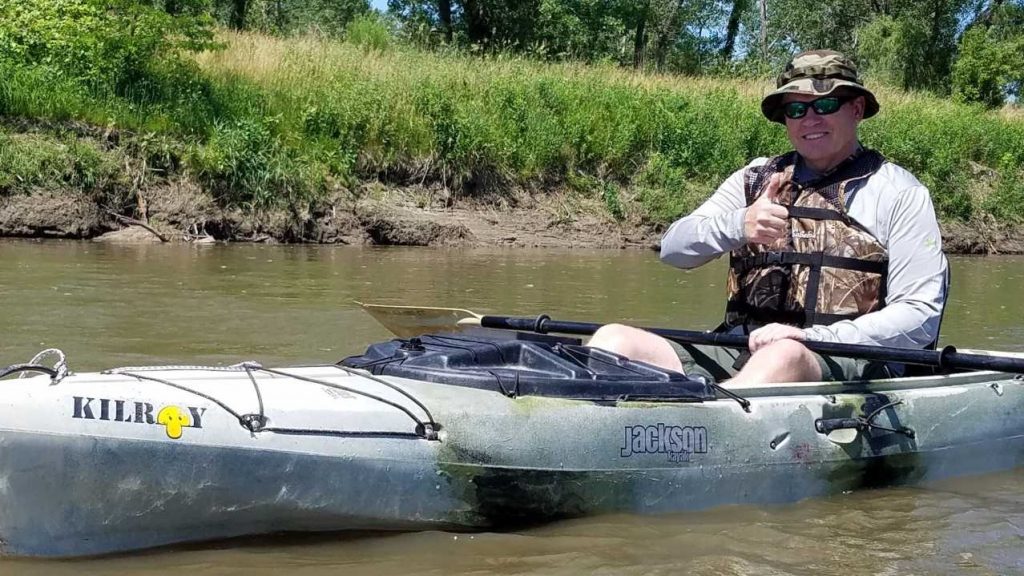
Berggren covers a couple other perks of his job.
In our free time since we become quite familiar with the fish and wildlife in our assigned counties, we enjoy plenty of opportunities to fish, hunt and photograph wild animals successfully.
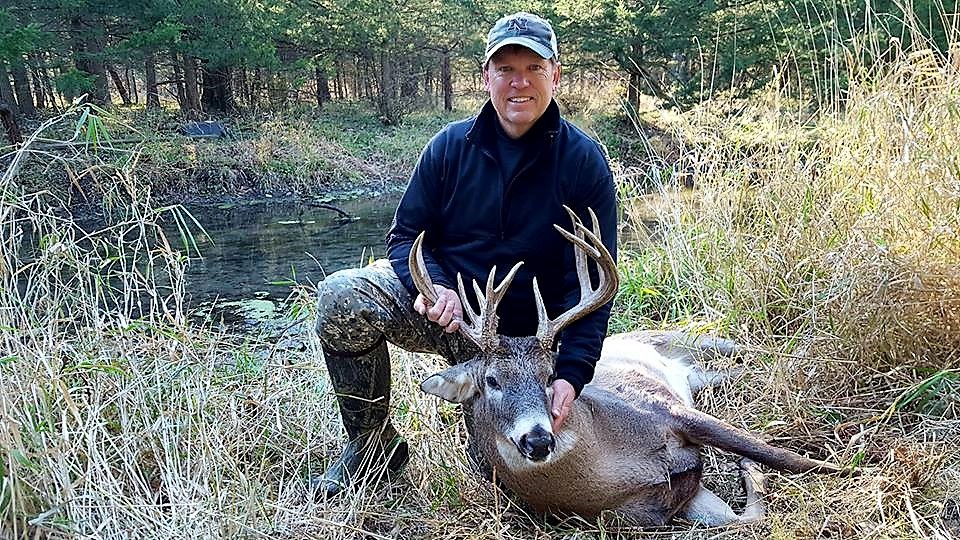
Also, once you become a full-fledged field conservation officer, there are opportunities to specialize in the various aspects of law enforcement training, too, e.g. firearms instruction, defensive tactics, boat accident investigations, digital evidence examinations.
“I am fortunate to be one of the firearms instructors within the ranks of our conservation and boating enforcement officers in the state,” Berggren notes.
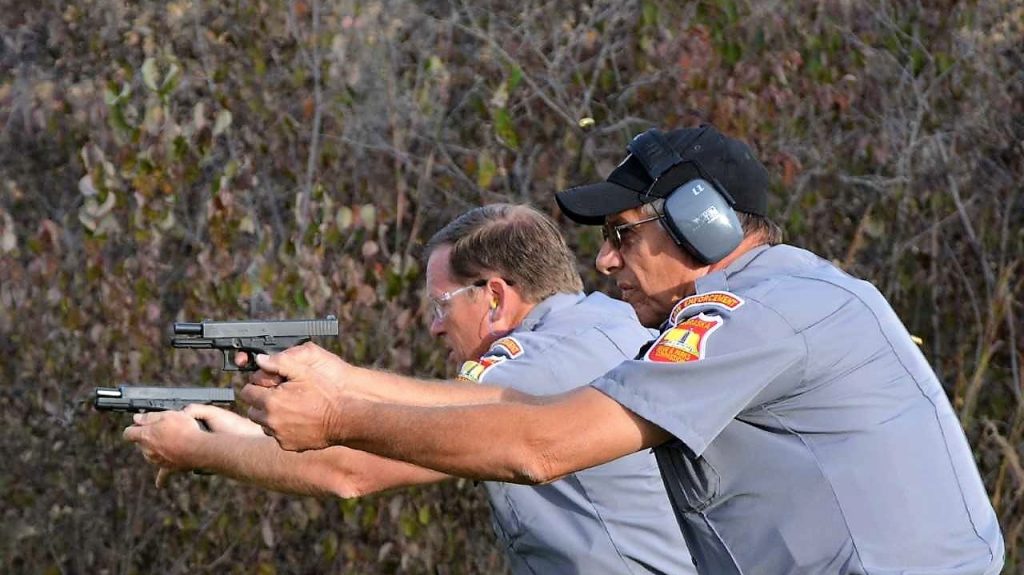
When it comes right down to it, the conservation officer profession is one that is fulfilling and rewarding in many ways.
Just ask Rich Berggren.
If you would like to learn more about a law enforcement career at Game and Parks, go here.
To see the conservation officer job announcement and apply, click this link.
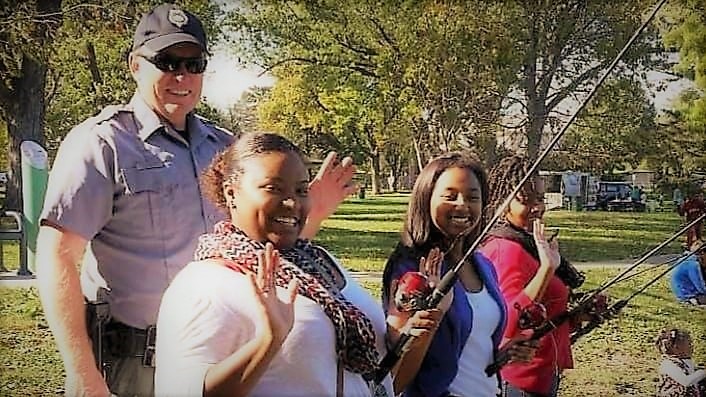
The post A Very Cool Job: Nebraska Conservation Officer appeared first on Nebraskaland Magazine.

